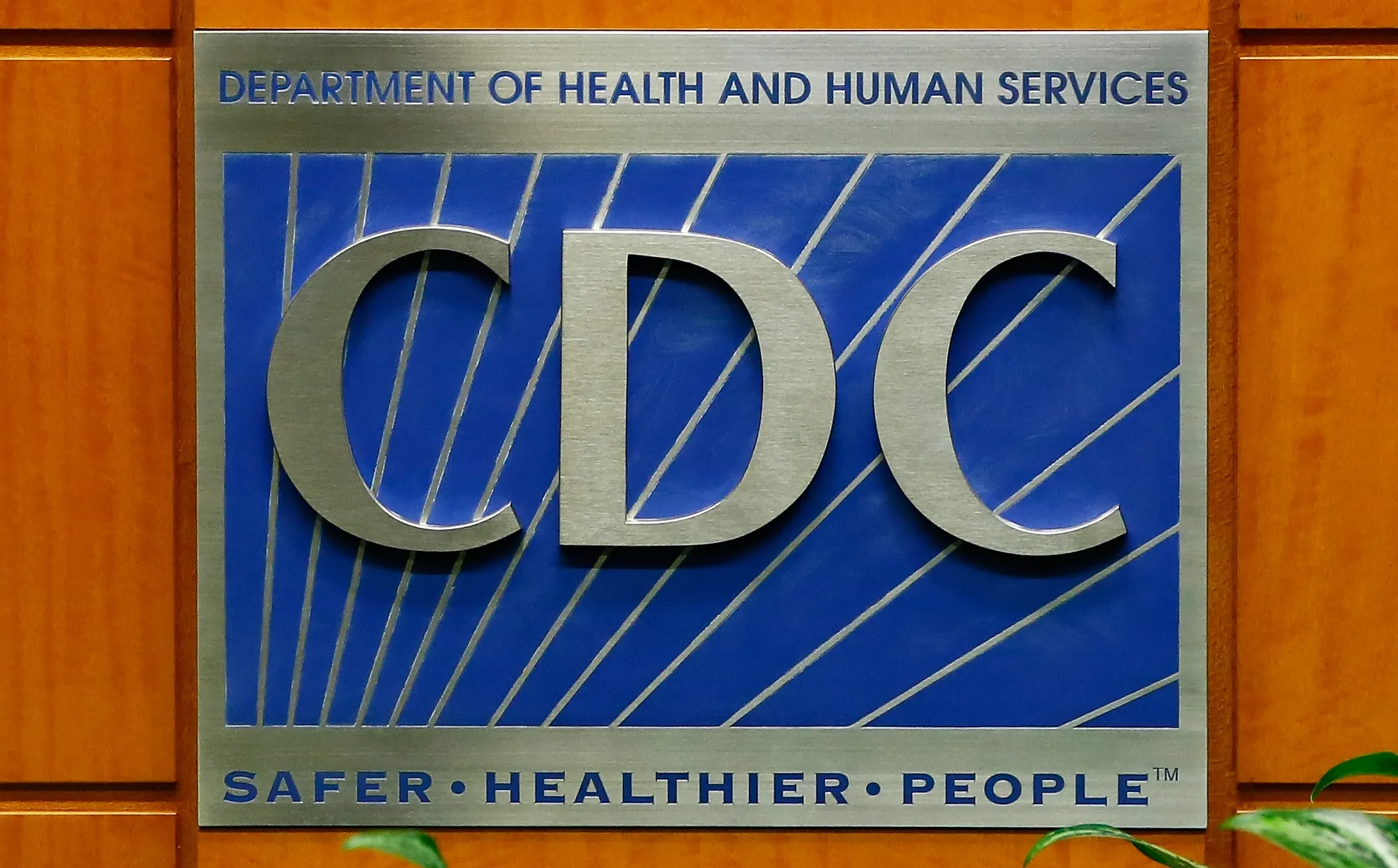Jean Kaseya, the head of the Africa Centres for Disease Control and Prevention (Africa CDC), criticized the U.S. government’s travel advisory against non-essential travel to Rwanda due to the recent outbreak of the Marburg virus. Kaseya deemed the advisory “not fair” and expressed that it does not reflect the treatment that Rwanda and the African continent deserve.
The statement comes in light of the tragic loss of 13 lives, primarily healthcare workers, to the disease within just two weeks, according to the Rwandan health minister. Despite the rising fatalities, Rwandan authorities maintain that the outbreak is under control.
Healthcare workers, however, are understandably anxious amid the outbreak. Maria, an intensive-care nurse from Kigali who spoke anonymously for fear of job repercussions, expressed her distress over the situation.
With the deaths of colleagues weighing heavily on her, she admitted to a constant fear of being next in line to contract the virus. Reports indicate that several of her colleagues are ill and receiving treatment in isolation. The emotional toll on frontline workers like Maria highlights the significant strain faced by healthcare facilities in Rwanda during this crisis.

The Marburg virus is known for its high fatality rate, with the World Health Organization (WHO) estimating that half of those infected may die. The disease is transmitted through contact with the bodily fluids of infected individuals, with fruit bats as natural hosts.
As Rwanda strives to combat the virus, it has initiated trials for a potential vaccine, having already vaccinated 200 individuals, primarily healthcare workers and those in contact with confirmed cases. The Africa CDC is also aiding in the response by providing 5,000 test kits to Rwanda and its neighboring countries.
In response to the outbreak, Rwandan authorities have enacted several precautionary measures. These include restricting funeral attendance for virus victims to just 50 people and implementing health checks at transportation hubs, including passenger questionnaires, hand sanitization stations, and temperature screenings.
In neighboring countries, heightened border surveillance has been implemented to curb any potential spread of the virus. Burundi has even set up an emergency treatment and isolation center in preparation for possible cases.
The Rwandan health minister has acknowledged the challenges posed by the initial symptoms of the Marburg virus, which can mimic those of malaria, making early identification difficult. Hospital visits are being curtailed in facilities with confirmed cases among health workers.
Drawing on lessons learned from the Ebola outbreak that devastated West Africa from 2014 to 2016, Rwanda is collaborating with the WHO and the Africa CDC to respond effectively, including strict hygiene measures, public awareness campaigns, and the provision of protective gear for healthcare workers. With the arrival of antiviral medications like remdesivir, hope remains as the country continues to navigate this health crisis.
